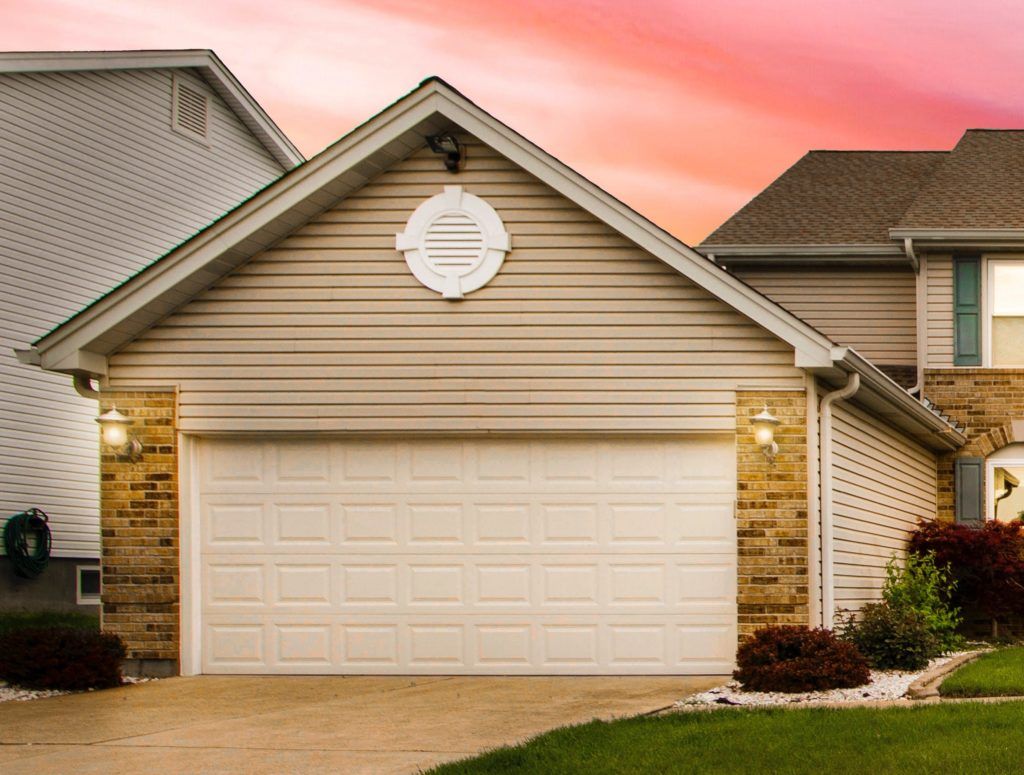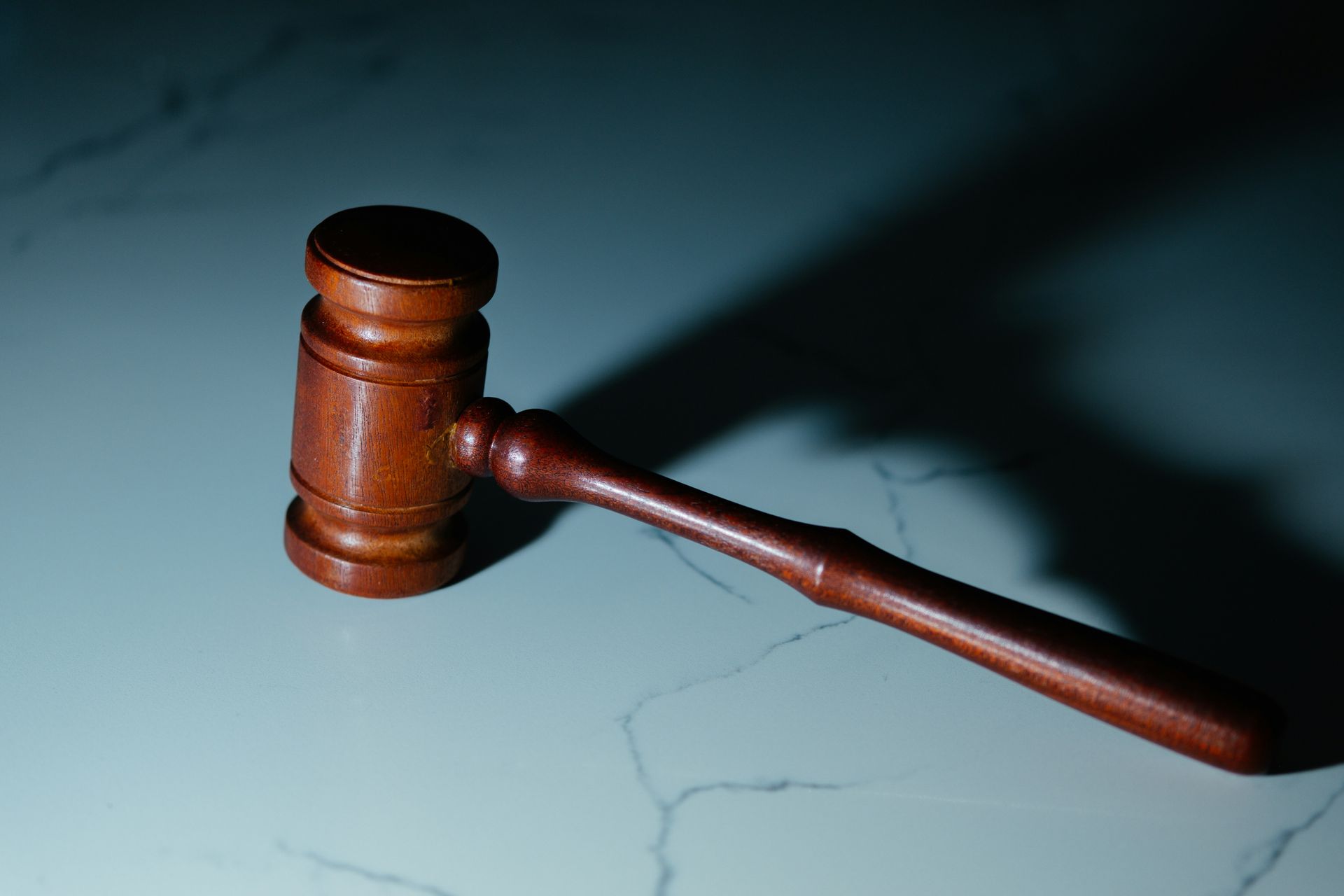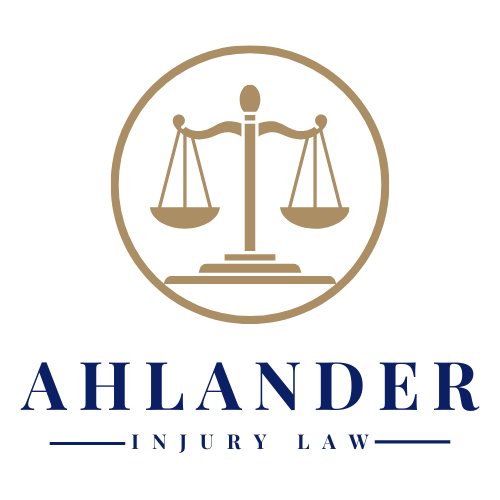How to Follow Up After a Garage Door Accident

We often forget about our garage doors in the summertime when it’s easier to park a vehicle in the driveway than it is to pull it inside. But when it starts to get cold in the winter, more Las Vegas residents start to park inside their garage at night.
Shockingly, garage doors can cause injuries—about 30,000 per year in the US. And it is saddening that a number of those are injuries to children. If you or a loved one have been hurt by a garage door, you may deserve financial compensation from those responsible. Contact Ahlander Injury Law to hire a garage door injury attorney in Las Vegas.
How Can You Be Injured By a Garage Door?
Garage doors can weigh about 200 pounds. They are equipped with automatic machinery to move that weight, and there are many components of the system that can fail. Garage door accidents can include:
- Crushing: Adults can be struck by a closing garage door. And children sometimes run underneath garage doors as they are closing. Though some garage doors are designed to reverse automatically when meeting an obstruction, this feature can malfunction.
- Pinching: Fingers or hands can be pinched between sections of a garage door as it is moving, leading to major injuries, including amputation.
- Breaking Glass: Windows in garage doors can break, and the falling glass can cause cuts.
- Being Trapped: There are several garage door spring accidents that can occur. When a spring breaks or fails, the garage door can fall, and someone inside may be unable to raise it, becoming trapped if there is no other door.
Garage door accidents can break bones, lacerate tissue, leave bruises, pinch nerves, dislocate joints, injure the spinal cord or other parts of the back, damage the head and brain, lead to an amputation, or cause a combination of any of these types of trauma. Sometimes, they can lead to death or disability.
What Legal Actions Are Available for Garage Door Injuries?
If you have been injured by a garage door through no fault of your own, you need to discover who is responsible. This could be a property owner or landlord. Or it could be the garage door:
- Installer
- Seller
- Manufacturer
- Designer
The cause may have been a manufacturing defect, a poor installation, negligence in maintaining the garage door (possibly by a landlord), or some other factor. How much investigation will be necessary to discover the reason you were injured?
Do you have time to perform this yourself while you are injured? Because of the difficulty of such work, you should contact an injury attorney for a consultation, at the very least.
What to Do After You’re Injured
After you or your team have found out who is responsible for your garage door accident , you can either file an insurance claim, a lawsuit, or both. Negotiating with an insurance company can be challenging, but an attorney can handle the process on your behalf.
If you file a lawsuit, your attorney can use that process to find even more evidence to strengthen your case. This may lead to a financial settlement that can help you pay for your medical needs. Plus, your case can be heard by either a judge or jury, rather than just by an insurance company.
No matter what caused your accident, you are facing financial and medical challenges right now. But you don’t have to face them alone. Ahlander Injury Law is experienced in all types of personal injury cases, including garage door accidents .
We recommend you call us now to set up an appointment. Get an experienced attorney to fight for you. Call Ahlander Injury Law.
The post How to Follow up After an Accident with a Garage Door appeared first on Ahlander Injury Law.





